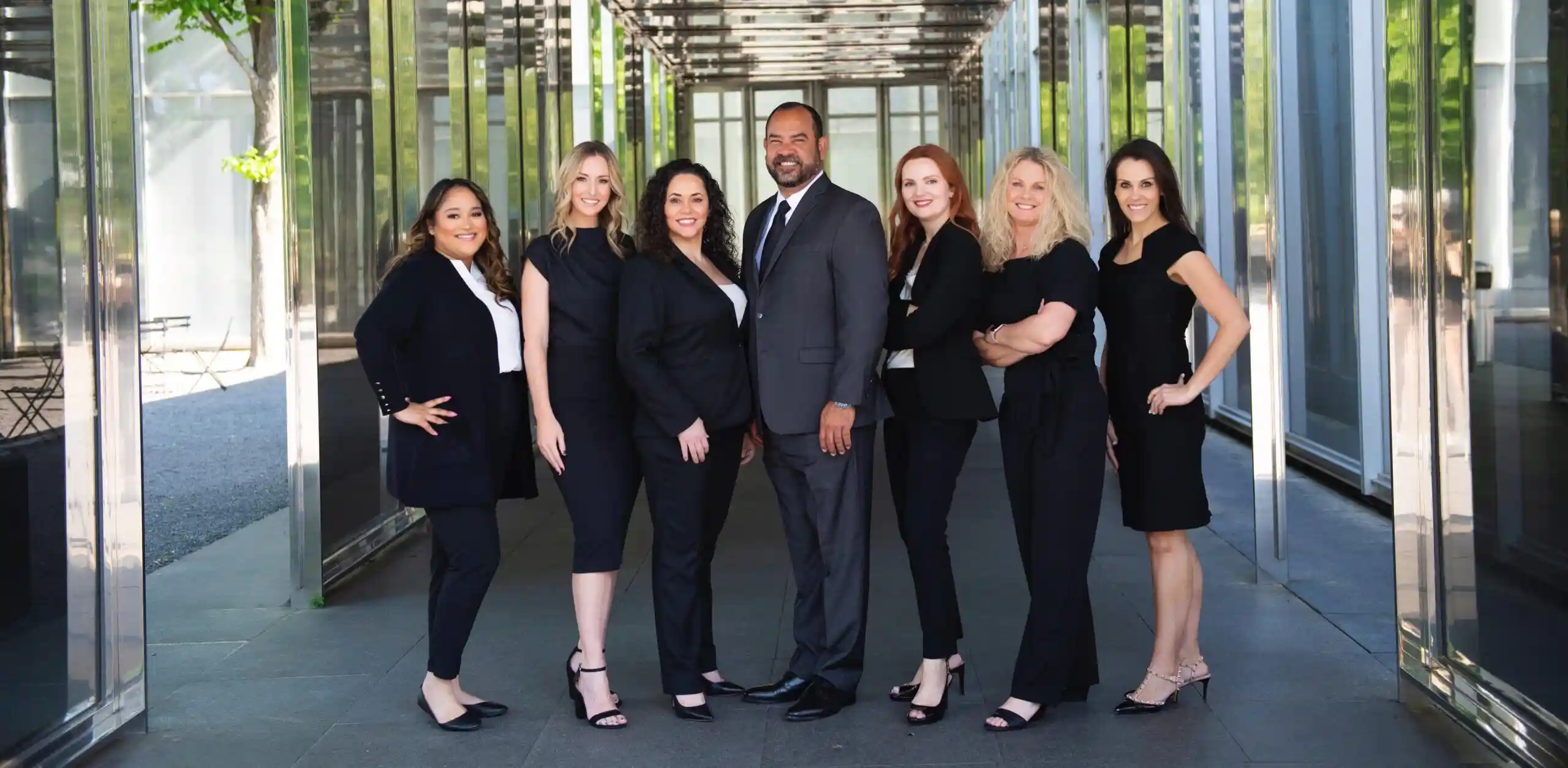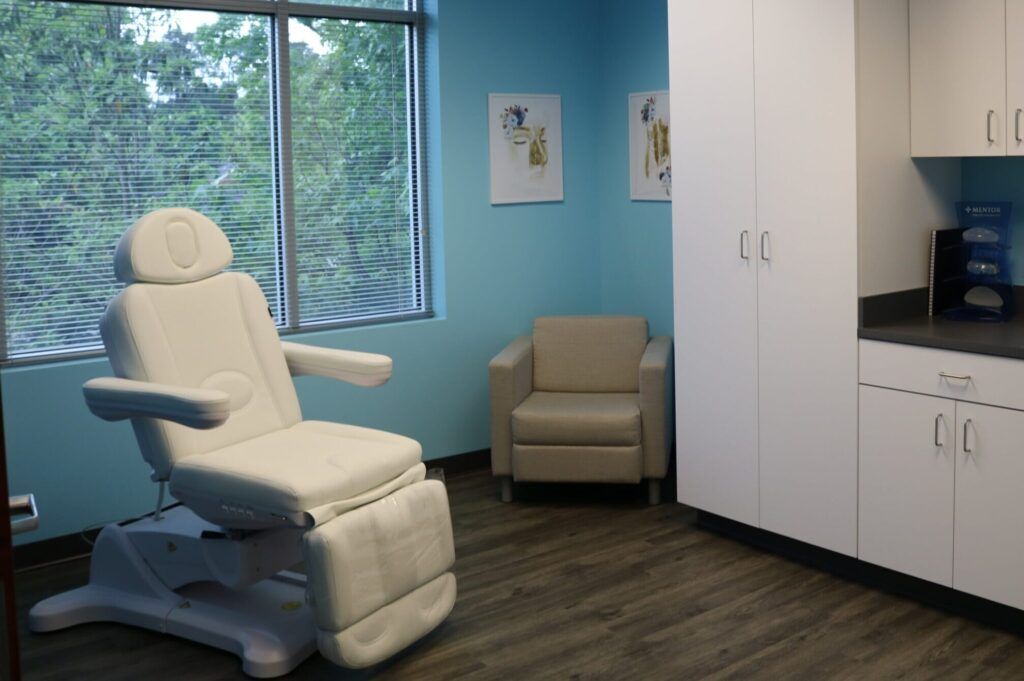










With a collective wealth of expertise and a passion for enhancing lives through transformative surgical procedures, our team strives to provide personalized attention, innovative solutions, and unwavering support throughout each patient’s journey. From initial consultation to post-operative care, our team is here to ensure that every individual receives the highest standard of care and achieves their goals.



Experience the difference with Dr. Ortiz and Dr. Jones, where your satisfaction and well-being are our top priorities.
Dr. Juan Ortiz is a double board-certified plastic surgeon with nearly twenty years of surgical experience. He has adeptly performed thousands of cosmetic and reconstructive procedures and is nationally and internationally recognized by his colleagues. He respects the individuality of each client and takes pride in delivering her or his unique desired results.
Since spending six years at the University of North Carolina as a resident in their Plastic and Reconstructive Surgery program. She has since acquired extensive experience in body contouring procedures. Additionally, she has been nominated for multiple awards. Her leadership roles in the plastic and reconstructive areas of surgery have developed exceptional skills that will benefit her patients at North Raleigh Plastic Surgery.
Explore the remarkable journey of our patients as they undergo life-changing plastic surgery procedures. Witness the tangible results of skilled craftsmanship and personalized care, captured in captivating before-and-after images.
From subtle refinements to dramatic enhancements, our gallery showcases the expertise of our renowned surgeons and the profound impact of modern aesthetic techniques. Each image tells a story of empowerment, confidence, and self-expression.

With soft lighting, comfortable seating, and serene décor, our waiting area creates a peaceful sanctuary where you can relax and prepare for your procedure. Take a moment to breathe deeply, listen to calming music, or simply enjoy the ambiance as you await your transformation.